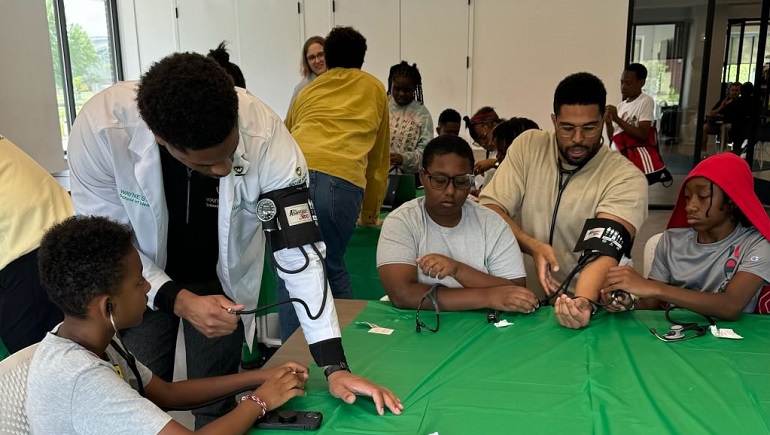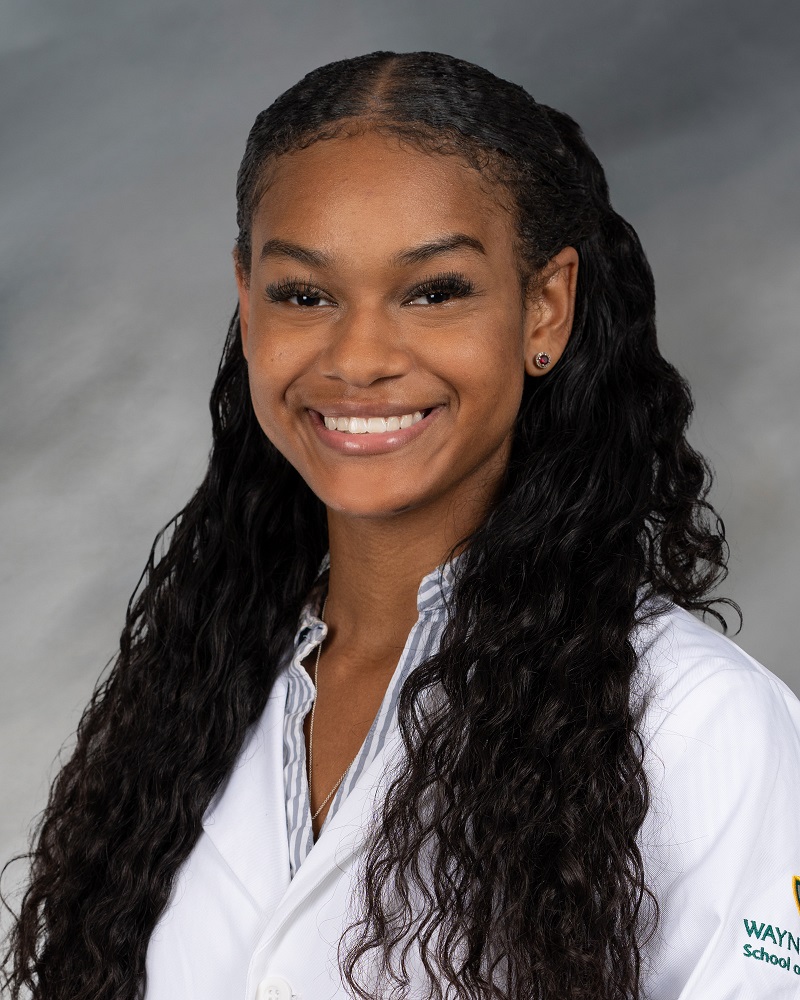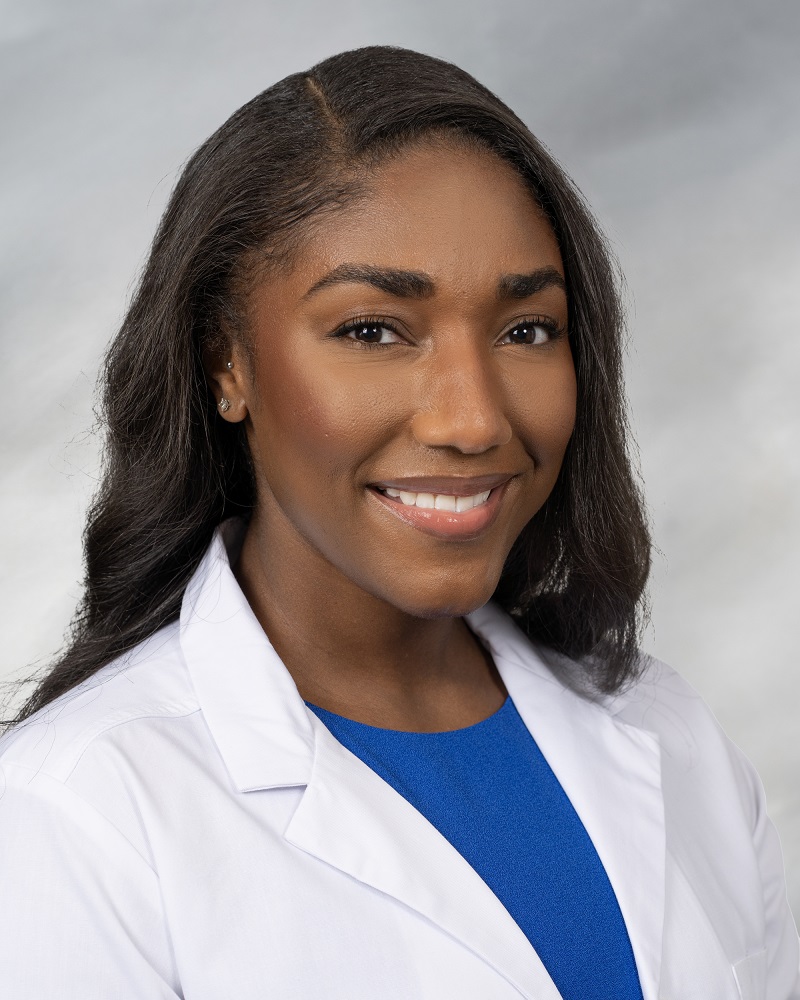
The Community Foundation for Southeast Michigan has awarded the Wayne State University School of Medicine’s Black Medical Association a two-year, $70,000 grant to support a student-led initiative aimed at increasing the number of underrepresented medical students and doctors.
Desiree Duncan, M.D. Class of 2026, and Amber Jackson, M.D. Class of 2027, created and will lead "Bridging the Gap," a dynamic initiative aimed at increasing minority representation in medicine, from sparking early childhood interest to supporting medical student graduation.

The grant funds will be utilized by the student leaders in collaboration with the Black Medical Association, extending through May 2027 to increase visibility and representation of minority medical professionals, provide educational resources and offer financial support to current minority medical students, helping to ensure early exposure to medical careers for minority youth, maintain community engagement and support minority students in achieving success through graduation.

“A project like this is essential because there is a significant gap between the racial composition of Detroit's population and the representation of African American physicians in the area,” Duncan said. “By providing early exposure to medicine, building community relationships and supporting minority medical students, we can address the systemic barriers and increase the number of minority physicians whose backgrounds reflect those of their patients.”
The groundwork for the new grant reaches back to last November, when the School of Medicine’s Department of Physiology and the BMA joined together to host a PhUn Physiology Day at RaquetUp! Detroit, one of the student organization’s after-school partners for area children. The event exposed middle school and high school students to careers in science, technology, engineering and math. Students learned about the physiology of the heart, and the importance of normal electrical conduction through the heart by measuring their own ECGs, and nerve-to-muscle and muscle-to-nerve interactions using a Human Spiker box.
The event was held Nov. 29, coinciding with the Michigan Physiological Society’s Understanding Physiology Day, or PhUn Day, and was supported by the MPS’s Physiology Outreach Award to Duncan, the BMA’s community liaison.
Duncan and Jackson, along with their BMA colleagues, presented a poster about the outreach at the society’s annual meeting in June. Department of Physiology Associate Professor Patrick Mueller, Ph.D., provided mentorship to Duncan and Jackson to facilitate the outreach event, research poster and subsequent grant.
Thanks to the new funding, the students will continue hosting similar community engagement events such as clinical skills days with the BMA’s community partners.
“These initiatives are designed not just to spark interest in medical careers among our youth but to create lasting, meaningful connections between the medical community and local residents,” Jackson said. “We recently welcomed BMA students from the incoming Class of 2028, at an event where we provided study essentials and offered the opportunity to connect with upperclassmen and residents who have walked the same path. Our goal is to help build a network of support and mentorship as they begin their journey in medicine.”
The Community Foundation for Southeast Michigan is a philanthropic organization that supports a variety of activities benefiting education, arts and culture, health, human services, community development and civic affairs. Since its inception, the foundation has distributed more than $1.1 billion through more than 74,000 grants to nonprofit organizations throughout Wayne, Oakland, Macomb, Monroe, Washtenaw, St. Clair and Livingston counties. For more information, visit www.cfsem.org.